“One year's Tea, three years' storage, seven years' treasure.”
Did you also get to know and try White Tea because of this saying?
Aged white tea is a product of time.
And since time cannot be fast-forwarded, it has led to the rising prices of aged white tea.
Faced with substantial profits, many counterfeiters have emerged to mix in with genuine products.
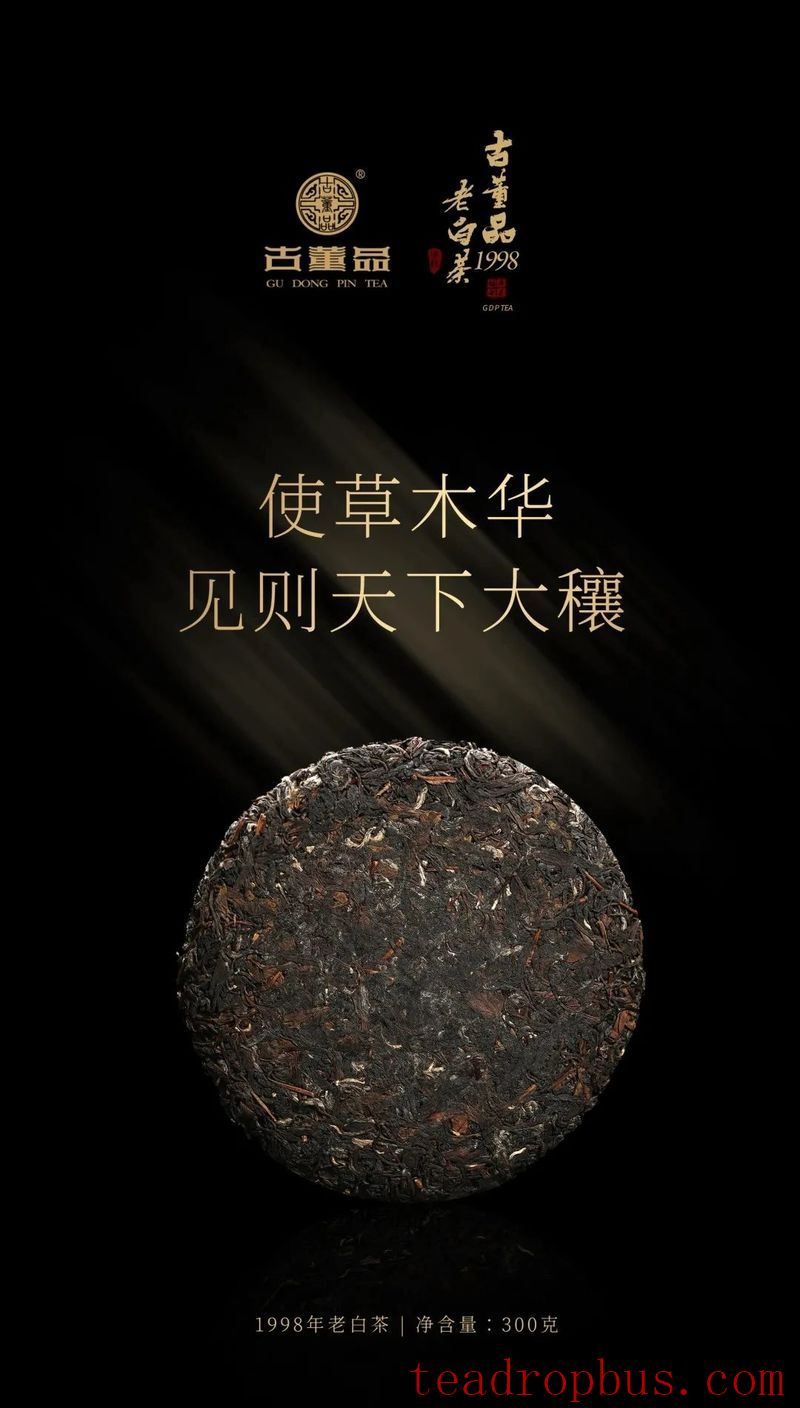
Not long ago, a tea enthusiast suspected that the aged white tea they bought was fake and brought it to an antique consultant for verification. Indeed, their suspicion was confirmed.

Today, the antique consultant will enlighten everyone on:
How exactly is aged white tea faked?
Faking the age
Faking the age primarily involves false labeling by sellers, such as claiming a 15-year-old tea is 10 years old. It's similar to “lying about one's age.”
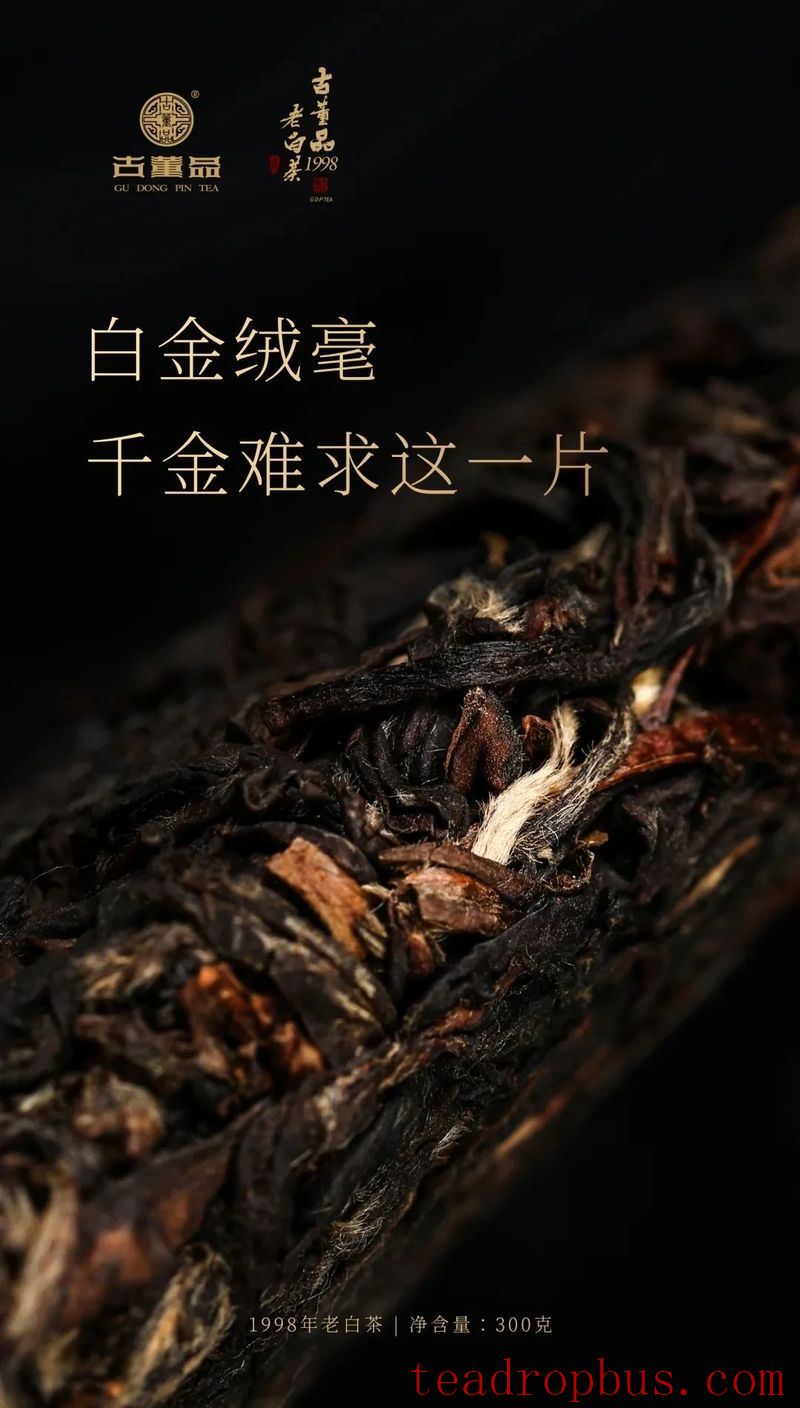
Mismatching old and new tea leaves in compressed cakes
This method typically uses younger white tea as the core, wrapped with real aged white tea on the outside. For example, blending 4-year-old tea with 8-year-old tea and selling it as an 8-year-old aged white tea. It's hard to tell the difference just by looking at the surface or smelling it.
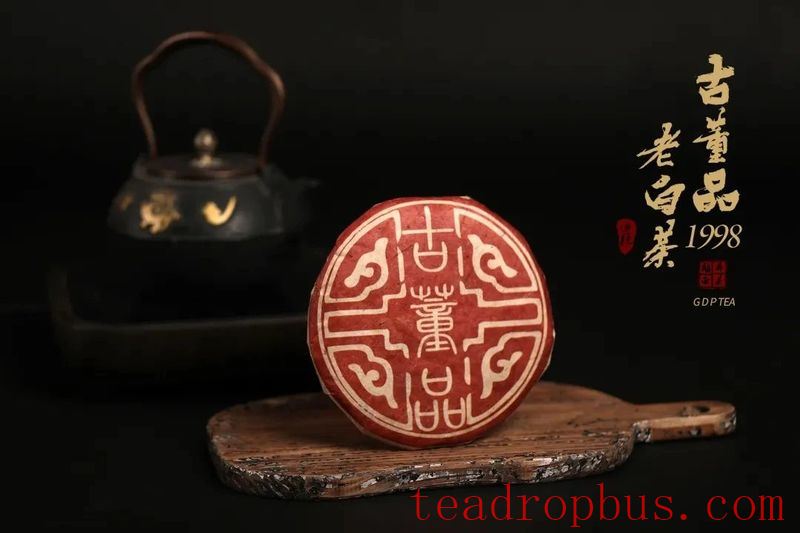
Rapid fermentation and aging
Traditional white Tea processing avoids “stir-frying and kneading.” However, to make fake aged white tea appear older, some use controlled humidity to accelerate fermentation and aging; or control the amount of water during the cake-pressing process to induce appropriate fermentation, turning the liquor red to mimic aged white tea.
Using high-temperature drying technology
Traditional white tea emphasizes “natural withering.” Counterfeiters use high-temperature rapid drying to make the fake aged white tea more fragrant and sweeter.
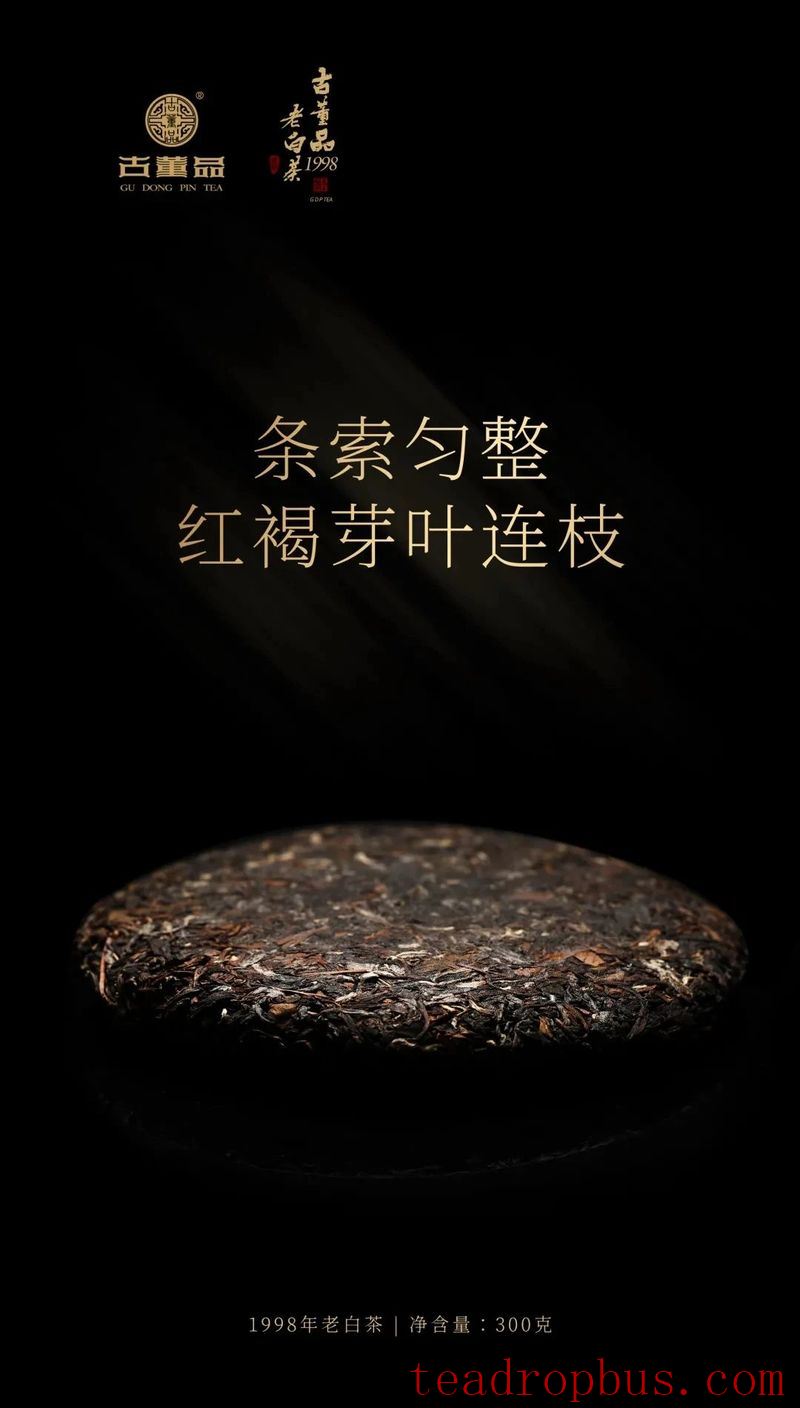
It's well-known that high-temperature rapid drying causes the loss of active substances, making it impossible for the tea to undergo further transformation no matter how it's stored. Even if stored for a long time, it fails to achieve the value of “one year's tea, three years' storage, seven years' treasure.”
High temperature and humidity for rapid oxidation
This method of faking is similar to using high-temperature drying. It forces the white tea through accelerated processing, which may generate short-term profits for merchants but results in the premature depletion of nutrients within the tea, rendering it “nutritionally void.”
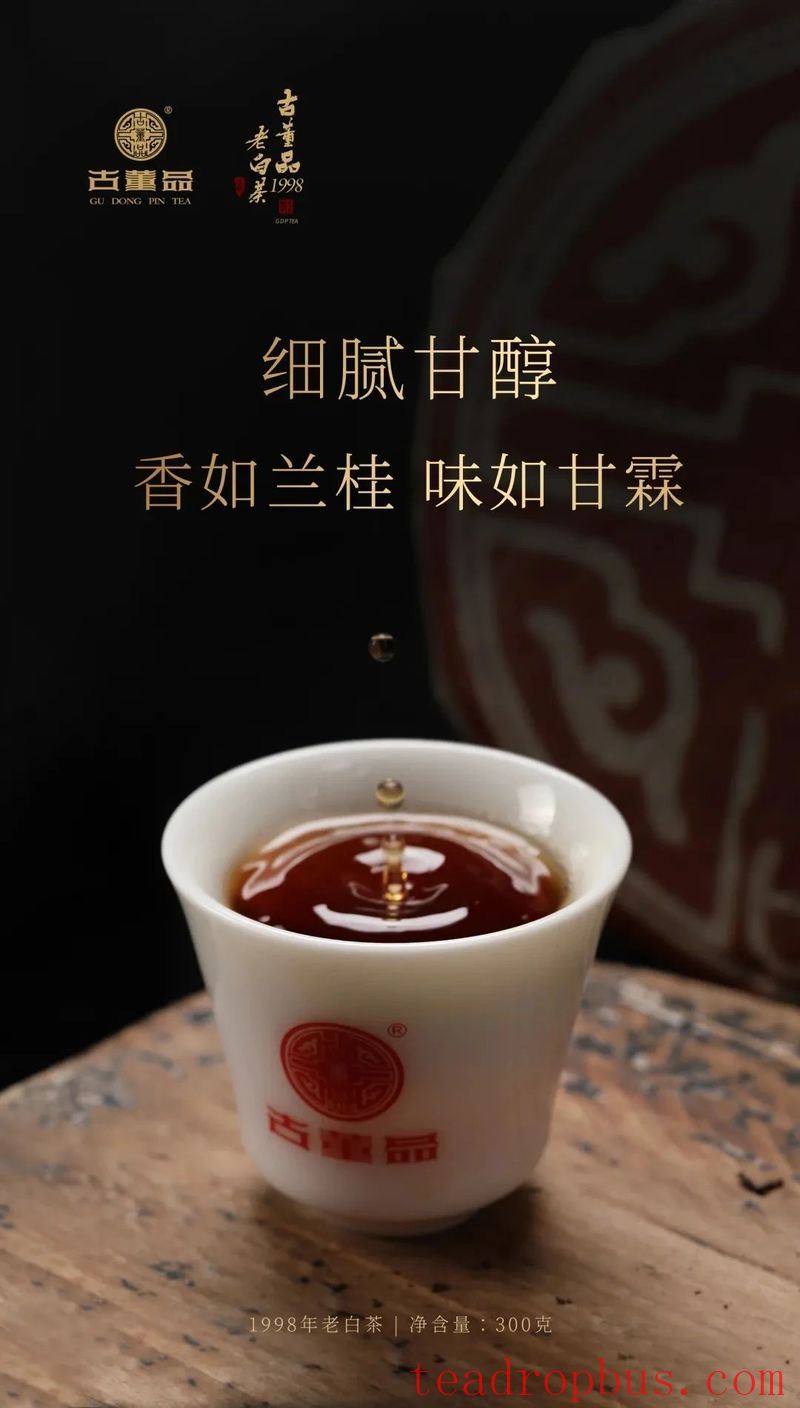
Warm reminder from the antique consultant:
The methods used to fake aged white tea are often combined, making the situation even more complex and harder to discern between genuine and fake products. Be cautious when purchasing aged white tea of unknown origin.
If there is any infringement, please contact us for removal.